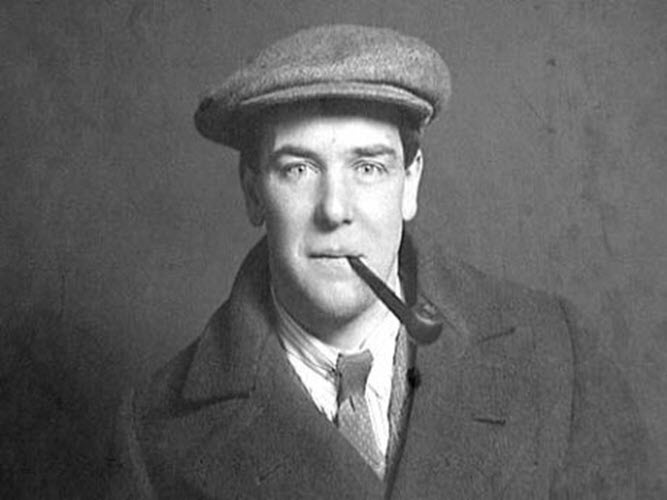Pyotr Kapitsa, (8 July 1894 – 8 April 1984) was a prominent Russian physicist. He was awarded the Nobel Prize in Physics in 1978.
Life and Career
He was born on 8 July 1894, in Kronstadt, Russia. His educational journey played a pivotal role in shaping his scientific career. He attended the Petrograd Polytechnical Institute (now known as the Saint Petersburg State Polytechnical University), where he studied engineering. It was during this time that his interest in physics deepened, setting him on a path of scientific exploration.
His most significant contributions came in the field of low-temperature physics. His groundbreaking research on helium-4 led to the discovery of the Kapitsa–Dirac effect, which demonstrated the superfluid properties of this element. His work on cryogenics and superconductivity revolutionized the understanding of low-temperature phenomena.
Kapitsa continued to make groundbreaking discoveries and advancements. He explored diverse areas of research, including hydrodynamics, magnetohydrodynamics, and geophysics. His innovative experiments and theoretical contributions solidified his reputation as a leading figure in the scientific community.
He died on 8 April 1984, in Moscow, Russia.
Award and Legacy
He was awarded the Nobel Prize in Physics in 1978, for his contributions to low-temperature physics.
His legacy extends beyond his scientific achievements. His dedication to research, his unwavering pursuit of knowledge, and his ability to think outside the box continue to inspire and motivate aspiring scientists. His groundbreaking work serves as a guiding light for future generations, encouraging them to explore the uncharted territories of scientific inquiry.

